The Type A+ Podcast Episode 8: BONUS: FYRE Festival: What Went Wrong? (An Event Planner's Perspective) - Links & Show Notes
Episode Description:
In April 2017, thousands of people boarded flights to a private island for the inaugural FYRE Festival. The "once-in-a-lifetime" event was billed to be the most luxurious and exclusive concert experience that ever happened. Until it didn't.
Beth Lawrence revives her most-viewed blog post, Fyre Festival: An Event Planner's Perspective, which was a reflection on the 2019 Hulu and Netflix documentaries, and a quick overview of where it all went wrong. We hope you enjoy this bonus episode!
Links mentioned in the episode:
Links:
Blog post: https://bethlawrence.co/event-planner-blog/update-fyre-festival
Netflix documentary: FYRE: The Greatest Party that Never Happened
Hulu documentary: FYRE Fraud
Podcast:
The Type A Plus Podcast Instagram
Host:
Beth Lawrence & Company Instagram
Beth will be back each week, delivering bite-sized tips (15 minute episodes or less) on how to optimize your life and work.
Episode Transcript can be found below:
Hi, welcome back to the Type A+ podcast. This week, we're doing a bonus episode about everyone's favorite fail. The Fyre festival. Some of you may have seen it a few years ago. I actually did a full blog post about these two documentaries. One of which was on Hulu and one was on Netflix. If you'd like to read the blog post, I will link to it in the show notes.
Otherwise, we are going to go over from an event planner's perspective, what went wrong. So we'll begin with an overview, a young successful tech entrepreneur named Billy McFarland paired up with a rapper. Hopefully, you guys know who Ja rule is. Ja rule to create an app called fire. This app was designed to allow users to book celebrity talent on demand for private and public events. And one day they were brainstorming about how to launch this app and it was decided that. In order to launch the app, they had to launch the First- ever Fyre festival.
It was designed to be a luxury music festival on a private island in The Bahamas with the most exclusive guest list of celebrities, influencers, and musicians. And it would be once in a lifetime. ; a can't-miss experience. The Hulu documentary came out first. It was called fire fraud. And to me it seemed to be from Billy's perspective; at least that was the one that he was interviewed for, so you got to hear a little bit more from his perspective of his background, his first company Magnises, and how he came to find success. The Netflix documentary, which was called fire, the greatest party that never happened is the other side of the story. And that concentrated on interviews with his team, contractors, partners, vendors, and everyone involved in the production of the event In the Netflix documentary, in particular, the event planner is interviewed at length. So. If you have not seen the documentary, I do think that you should go and at least watch one of the documentaries before you listen to this podcast, otherwise there will be some spoiler alerts. And I do think that it as a whole, is a very interesting case study on what can happen if you don't keep a few key things in mind when planning an event. For those of you who have watched let's get started. The planner had known Billy at that point for four to five years, and he had produced events for his former company. The one I mentioned Magnises while I'm unsure of his other credentials, seemed from the movie in the interviews that he definitely had experience producing large-scale international events, even once in The Bahamas and in the Caribbean specifically. At one point in the interview, he says that it should have taken "at least a year" to produce a festival of the size and magnitude, including concept design and fundraising.
So to start with where it went wrong? Let's talk about the timeline. At one point in the interview with the event planner, he says that it should have taken "at least a year to produce a festival of this size and magnitude, including concept design and fundraising." For me, I would say at a first-time event of this scale on a site that, in case you don't know, is a completely blank canvas should take at least 18 months of planning, if not longer. At the very, very least having a firm idea of your event, goals, and objectives, artists line up event costs, ticket price, markups, and firm commitments from investors should be completed prior to marketing the event and putting together ticket prices, lodging packages, and everything else.
I just mentioned. Many of these things fluctuate over time, especially as. We've seen in the last couple of years with COVID travel-related costs and in the event planner's own words. The full event team was not put together until six to eight weeks prior to the event, the staging company didn't begin their contract until 45 days prior to the event, the event site was moved about six weeks prior to the event due to a conflict with the I original Island's owner.
And, you know, I'm stumbling here cause I am getting a little bit of anxiety just thinking about this. I mean, think about 45 days, six weeks, six to eight weeks. All of that happened within the exact same timeframe, the full event team established a staging company, and the event site was completely moved. So, from an event planner's perspective, their scopes of work were probably completely different on this new land.
